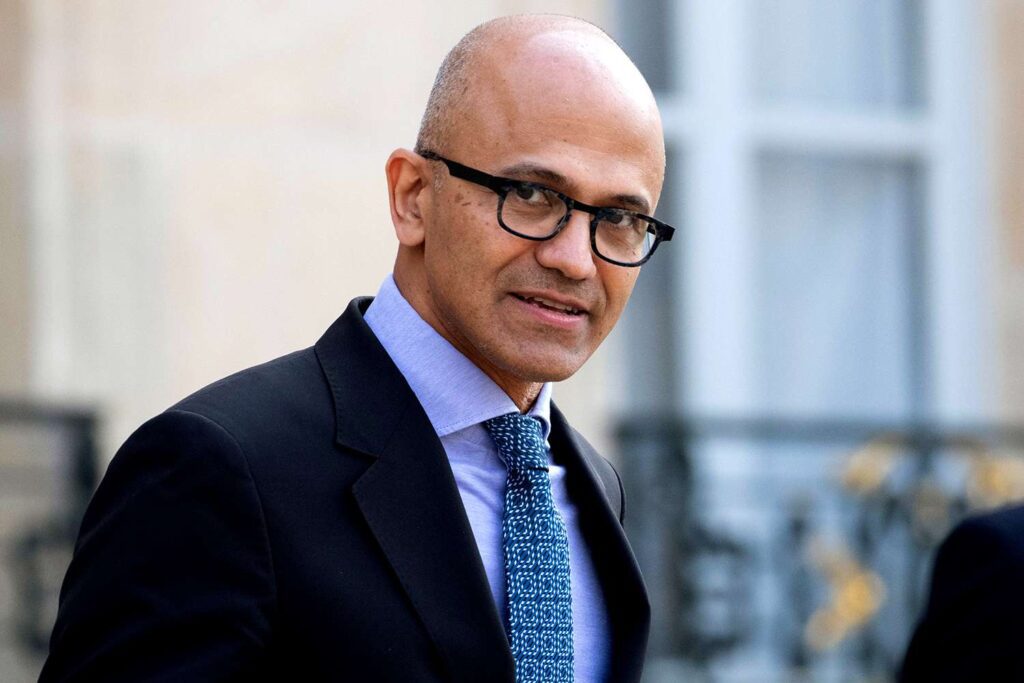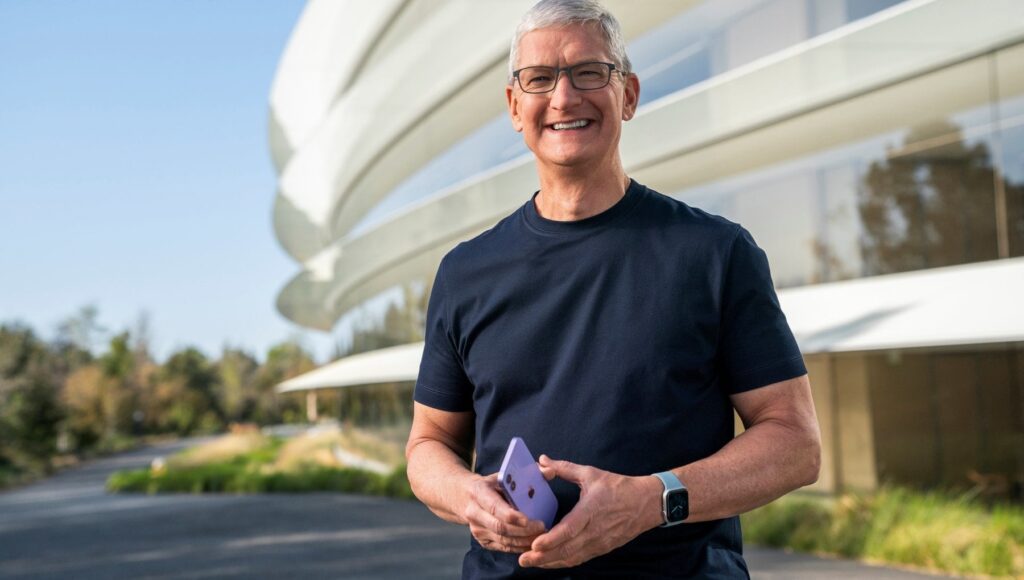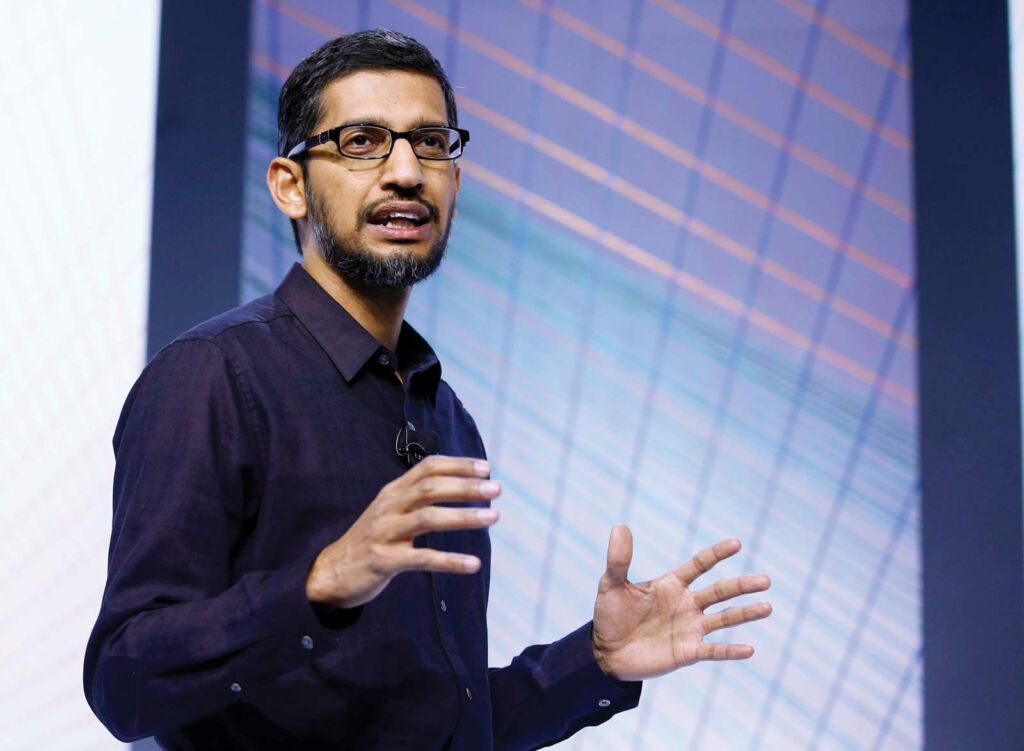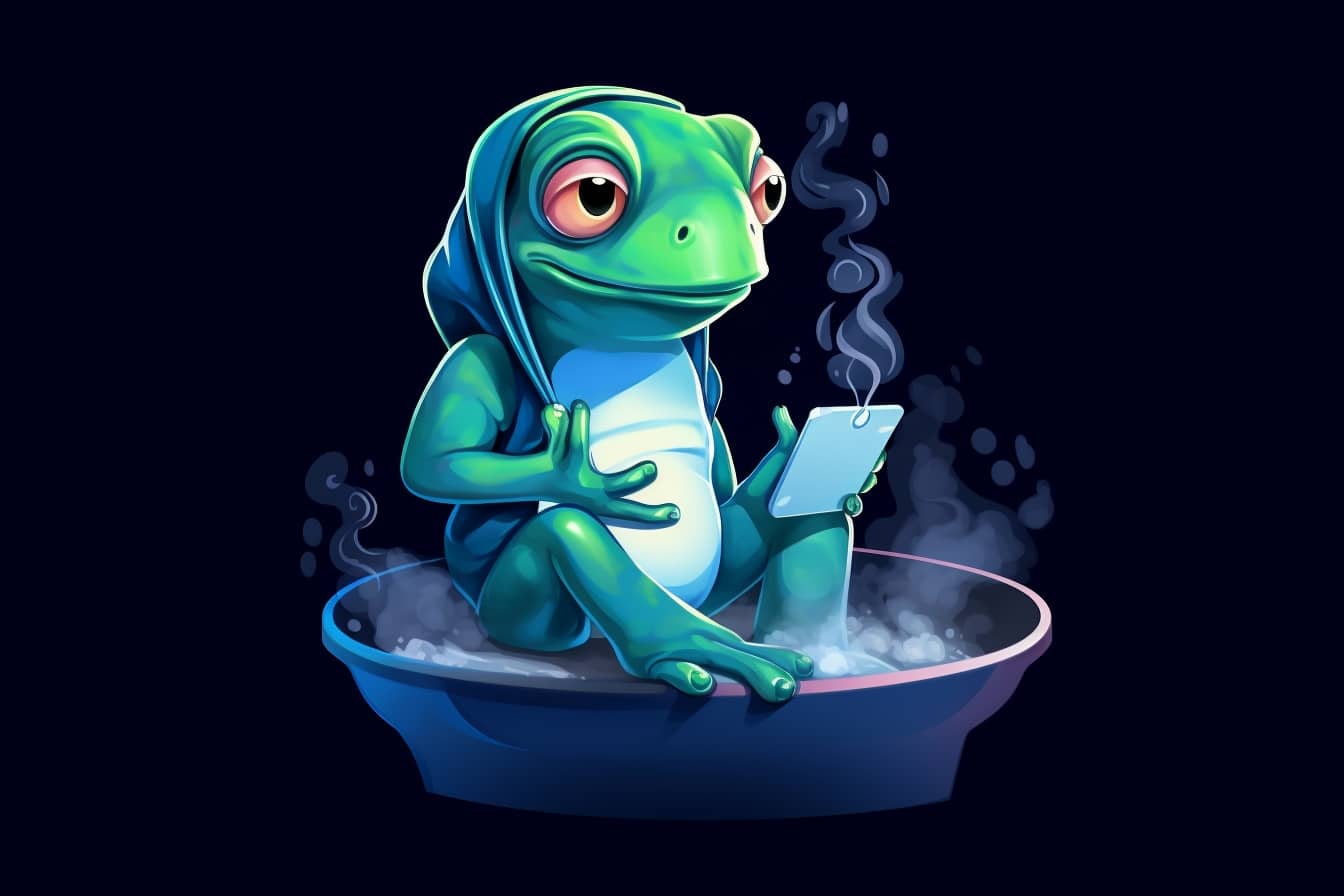In the early, roaring years of Internet, the possibilities seemed inexhaustible, almost as if we were sailing in open and boundless waters. But, like an amphora slowly losing its precious contents drop by drop, we have begun to see our digital freedoms evaporate. This is not the story of sudden change, but of slow and subtle erosion. On this issue we are ending up like the boiled frog.
Big tech companies and government powers have begun to draw the edge of our digital space, often with the need for (or under the guise of) security and data protection. But at what price? Let's dive into this timeline to find out how we got to this crucial point, and make some assumptions for the next few years.
Will we be a boiled frog in terms of digital freedom? Roadmap: the beginning of a trend
in 2011, Microsoft introduced the use of Secure Boot for Windows, a system designed to ensure that software launched from your PC is reliable. This might seem like a positive step for security, but it also somewhat limited the freedom to install alternative operating systems (albeit leaving the option to disable it by the user, and rarely is a user who doesn't know how to get into the BIOS capable of installing an operating system).

When security becomes restriction
in 2017, two significant events marked another step backwards for digital freedoms. Microsoft released Windows 10 S, a limited version of Windows that allows the installation of third-party apps only from the Microsoft Store. Since the same year, Widevine's DRM Chrome it can no longer be disabled, further limiting users' choices (according to a page on the official Google Chrome Help website it is possible to block it for some or all sites).
The rise of restrictions
the 2020 he saw Apple Lossless Audio CODEC (ALAC), enforce on macOS a process which verifies the origin and integrity of apps. Google, on the other hand, introduced on Android hardware-based integrity checks, making it difficult to use alternative ROMs.

Growing government influence and the acceleration towards boiled frog
in 2021, the Parliament of UK proposed the Online Safety Bill, which would have imposed content filtering on any “user-to-user service.” It's just one example of how governments are trying to exert more control over online content.
In 2023, France proposes the SREN bill, which would force browsers to enforce a government-provided blocklist.
How many of these news stories have you seen addressed in a clear and simple way for everyone? Everything proceeds with slow inexorability.

Speculations about the future
From now to the future, the hypotheses are disturbing.
In 2024, Youtube, Gmail, Spotify, banks and some other major websites start using Google's WEI API for internal user reputation scoring, forcing non-compliant browsers into more captchas. The purpose of WEI is (mainly, at least) statistical, that is: to let those who buy advertising know how many percentage views they do not have to pay because they come from browsers not used by "real people" (scraping etc...).
in 2025, Google could remove the ability to install Android apps outside of the Play Store, citing security concerns (the Digital Markets Act will come into force in 2024 to prevent this, in the EEA). in 2030, we may see Chrome provide website block lists provided by the user's local government. AND in 2035, messaging apps may be considered “critical applications” that must receive government approval before publishing.
All speculation, that is. Dystopia, maybe. But given the trajectory to date, how far are we going to get from the truth? It is essential to ask ourselves: how much does security and freedom cost? Can they coexist in harmony, or are we destined to sacrifice one for the other? These are questions that all of us, as citizens, must ask ourselves.
Is it inevitable, will we be a boiled frog?
History has shown us that freedoms, once lost, are hard to recover.
However, we can still hope for a future in which digital freedoms are respected and protected. The key lies in education, awareness and collective action. Together, we can shape the digital future in a way that respects both security and freedom.
With the right amount of awareness, passion and action, we can ensure our digital freedoms are protected for future generations.
And you, dear readers, are you ready to do your part, or does the water in this pot still seem lukewarm to you?


